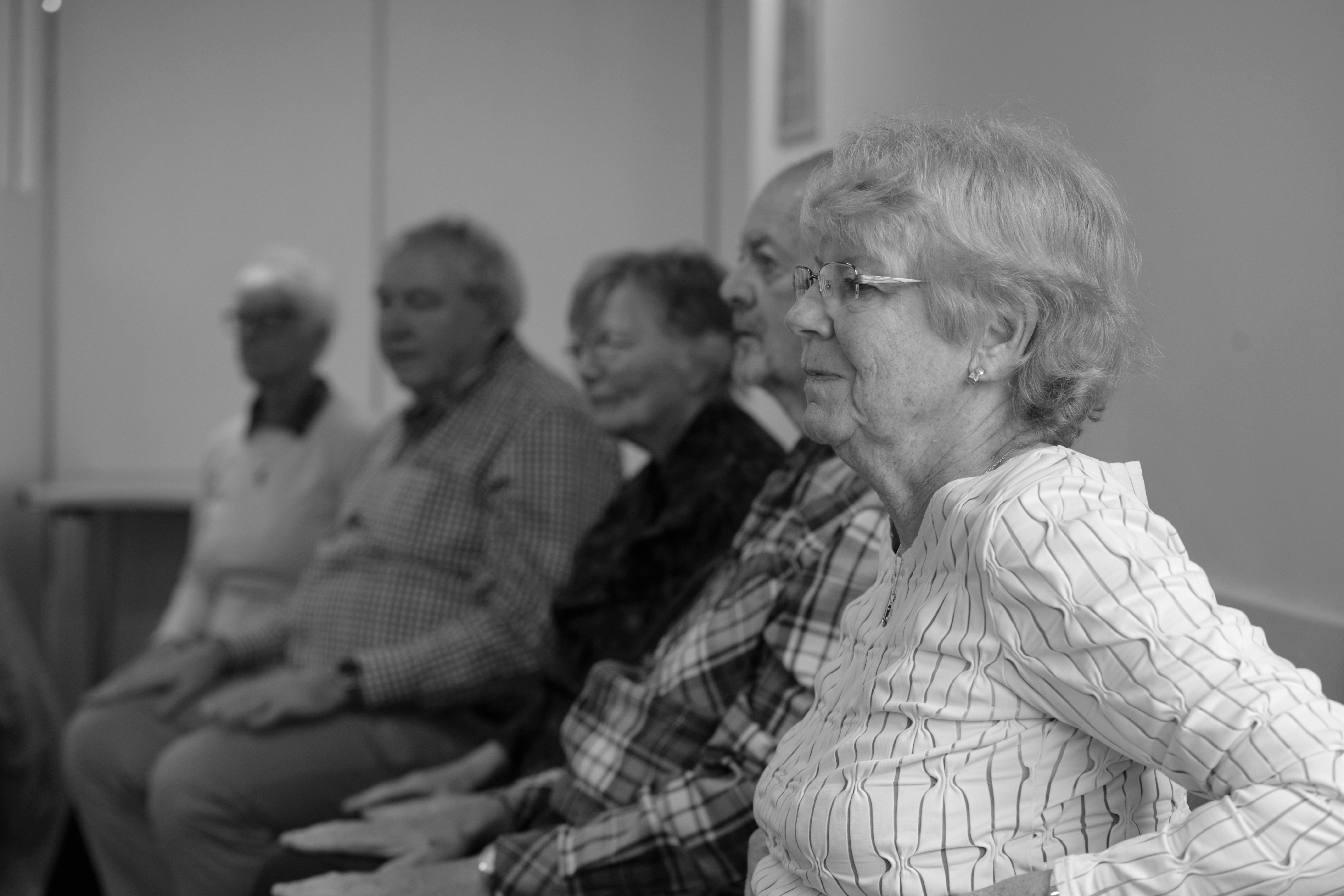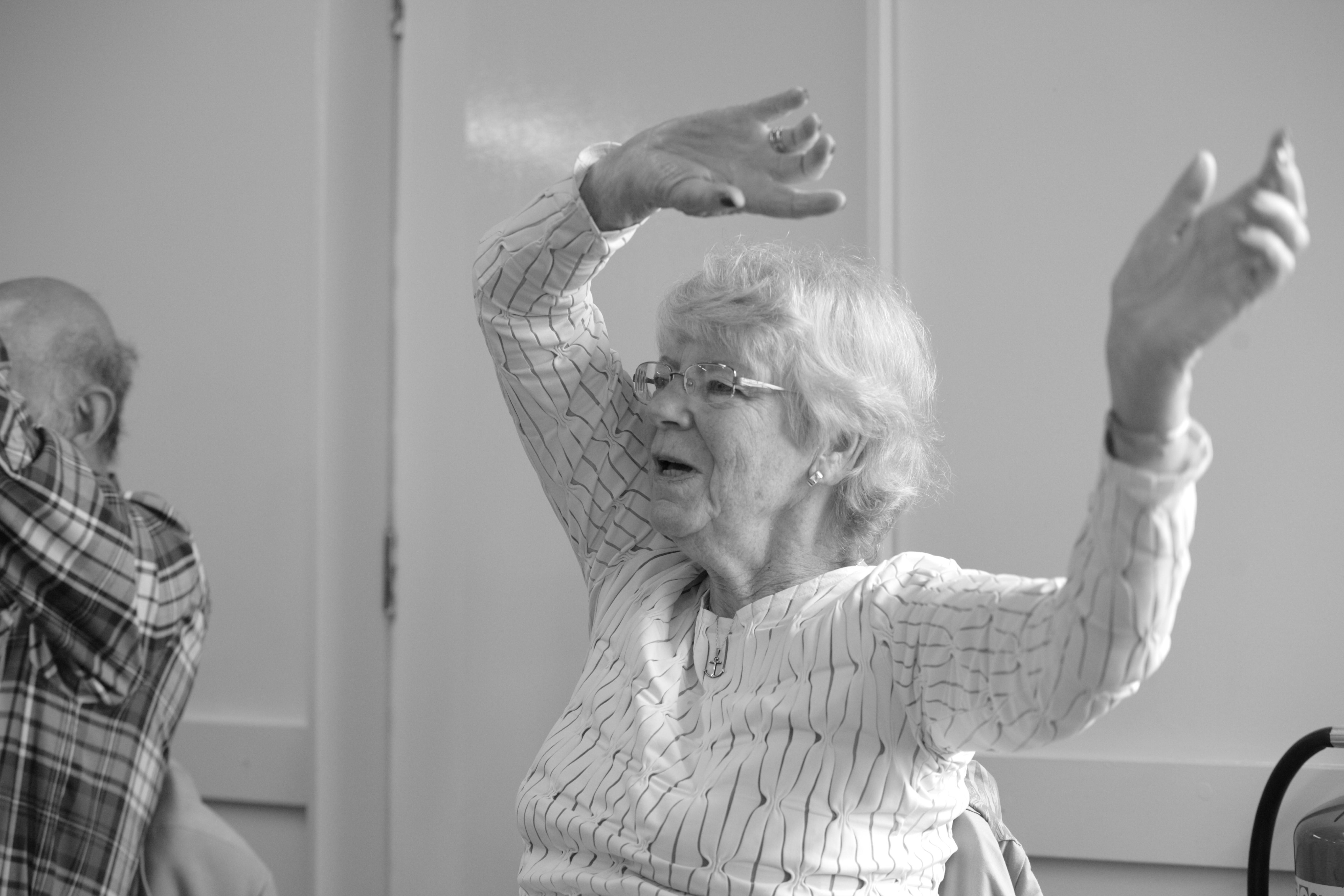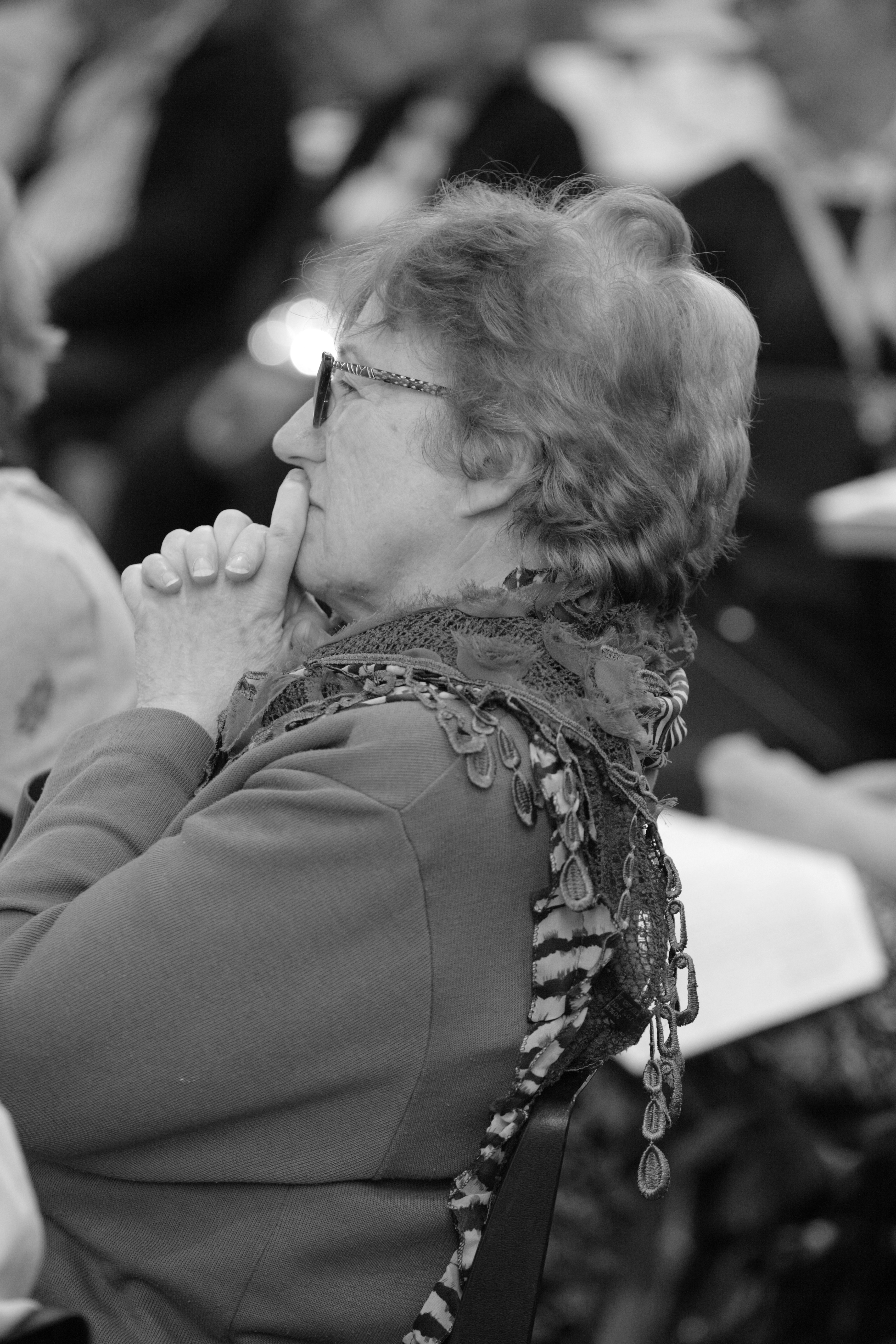Birmingham
1000 Elders
The Birmingham 1000 Elders – playing a leading role in Healthy Ageing Research
Medical advances are enabling people to live longer, with current evidence suggesting that 1 in 4 adults in the UK will be aged over 60 by the year 2050. While healthcare is prolonging lifespan it is now clear that the period spent in good health, healthspan, is not increasing at the same rate. So we are living longer but not healthier.
The Birmingham 1000 Elders is a group dedicated to bringing researchers and older adults together to carry out research into how we can age more healthily. Based at the University of Birmingham, the 1000 Elders aims to reach out to healthy adults over the age of 60 to take part in and share the findings of research activities that seek to improve the quality of life in old age. The Birmingham 1000 Elders thus play a key role in ensuring that people enjoy their old age, not endure it.
Led by Professor Janet Lord, the Birmingham 1000 Elders is an essential resource for the University’s Healthy Ageing Research. From direct involvement in research studies as subjects through to focus groups that help design the studies volunteers for the 1000 Elders are key to helping us to understand how to maintain good health in old age.
As with any research, the results are only as strong as the participants. If you are over 60 and in good health, the Birmingham 1000 Elders needs you!
The Birmingham 1000 Elders – playing a leading role in Healthy Ageing Research
The Birmingham 1000 Elders group was formed in the early 1980s by Professor Bernard Isaacs, Professor of Geriatric Medicine at the University of Birmingham working closely for many years with Dr Laxman Nayak. Professor Isaacs and Dr Nayak both believed in the importance of involving local people in research activity at the University and also recognised those people as a valuable resource for that research and began the group for that purpose.
Initially, the Birmingham 1000 Elders were involved in research that used questionnaires to find out about all aspects of life as an older adult in the UK, looking at issues such as health, housing, social activity and pensions.
The Birmingham Elders Today
Following the success of the group, the volunteers’ activities have expanded over the years to complement the medical research at the University, including research into heart disease, cognition. infections in old age and falls. The involvement of the group has been crucial to the research activity of the University and, in particular, to the work carried out relating to health in old age.
Research projects that the Birmingham 1000 Elders participate in feed directly (but not exclusively) into the University of Birmingham’s MRC Arthritis Research UK Centre for Musculoskeletal Ageing Research, which aims to understand how ageing results in loss of musculoskeletal function and to use this knowledge to minimise age-related decline and disease.


How the Birmingham 1000 Elders are helping to ensure people enjoy, not endure, old age
As a Birmingham Elder, you will be asked to participate in real-life research projects that are making life-changing advances. Here are just a few of the projects that have used data from volunteers to make a real difference.
The Birmingham Elders Today
In our modern society, we are we are increasingly inactive and this only gets worse as we get older. Also, as we reach old age, or when we are ill either with a chronic disease such as rheumatoid arthritis or with life-shortening conditions such as cancer, we are not sure which exercise to do to achieve the biggest benefit.
As part of our research, we assessed which exercises are best for making sure we do not lose muscle mass or strength as we age and identified resistance exercise as important – without good muscle strength you cannot easily get out of a chair, or a car, or get off the toilet, which ultimately leads to loss of independence.
Working with our Elders, we tested which exercises worked best and made our own exercise DVD (Put PEP in your step!) and a book of the same exercises (Stay Fit for Life). Filmed in one of the Elder’s homes with fellow Elders as actors, the DVD and book are much more user-friendly for an older adult. We then took the exercises to a hospice and after just eight weeks the residents’ mental health and physical function improved. St Giles hospices in Staffordshire now use our DVD and exercise programmes. This video was produced in collaboration with one of our industrial partners Move it or Lose it! Watch a promo here.
Are you sitting (un)comfortably?
The modern world is an increasingly sedentary one and we aimed to identify the acute effects of different periods of sitting time on physiological (body) and psychological (mind) function in older adults aged over 70 years. The study measures how sitting affects certain aspects of thinking and memory, mood, muscle power, blood pressure and stress levels as we want to better understand what happens to us while we are relatively inactive and particularly while we are sitting. Most of the participants in the study are members of the Birmingham 1000 Elders group and preliminary data shows potentially significant changes in a number of measures (especially blood pressure), especially after four hours of sitting. The results of this project will also provide effective practical advice for older adults and for those who work with them, specifically about the effects of length of sitting time on mind and body. We hope that these findings may lead to an improvement in clinical practice by incorporation into future policy guidelines for older people and one of our Elders has told us that as a result of her participation, she now has a good reason to not sit about for too long!

Depression after a hip fracture makes your road to recovery longer
Hip fracture is a common physical stressor in older adults, with almost 80,000 over 65-year-olds falling and fracturing their hip each year. The immune system functions less well in old age, and stress, whether physical or psychological, can suppress the immune system making adults more susceptible to infection. Depression often develops in older adults with hip fracture and may affect the recovery of walking independence. Our New Dynamics of Ageing study with Professor Janet Lord and Drs Jane Upton and Niharika Arora set out to consider whether the stress of a hip fracture would further reduce the efficacy of the immune system in older adults and if the presence of a psychological distress (depression) would make immune and physical function even worse.
The main findings were that depressed hip fracture patients were less able to engage in activities of daily living than non-depressed patients at six weeks and six months and that depressed patients also had poorer balance and spent a significantly longer entire length of stay in NHS facilities (including rehabilitation units).
The 1000 Elders were invaluable, with volunteers helping us in a number of ways throughout the study, including editorial input around patient communication, piloting the physical function measures and taking part in the study as healthy control participants by providing a blood sample. Also, they were instrumental in providing feedback on the findings of the study and offered valuable opinions on plans for upcoming or ongoing research.